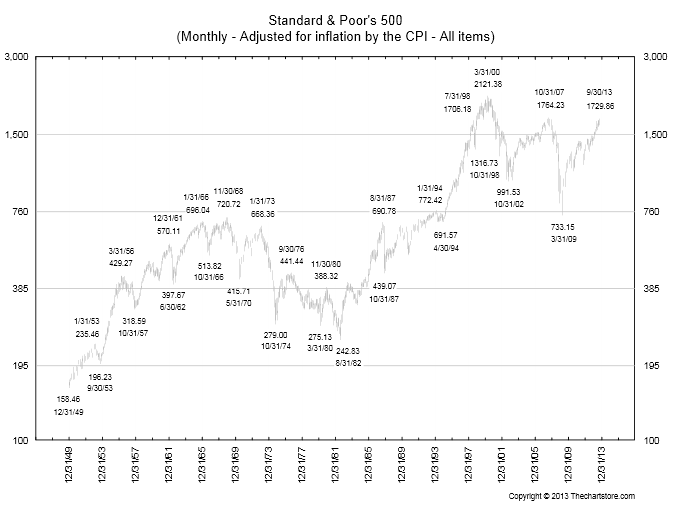JimBowie1958
Old Fogey
- Sep 25, 2011
- 63,590
- 16,756
- 2,220
Fed kicks off global dollar squeeze as Janet Yellen turns hawkish - Telegraph
This will cause a huge ripple effect on the federal budget and the deficit.
But it seems that hyperinflation is not a worry; finding and qualifying for low interest loans will be.
The US Federal Reserve has begun to pivot. Monetary tightening is coming sooner than the world expected, with sober implications for overheated bourses, and for those in Asia, eastern Europe and Latin America that drank deepest from the draught of dollar liquidity.
We can expect a blistering dollar rally, perhaps akin to the early 1980s or the mid-1990s. It is fortuitous that the BRICS quintet of Brazil, Russia, India, China and South Africa have just launched their $100bn monetary fund to defend each other's currencies. Some of them may need it. ....
Since Fed chief Janet Yellen targets jobs above all else, this was bound to force capitulation by the Fed before long. It happened this week in her testimony to Congress. "If the labour market continues to improve more quickly than anticipated, then increases in the federal funds rate likely would occur sooner and be more rapid than currently envisioned," she said.
This is a policy shift. Mrs Yellen has admitted that the Fed misjudged the pace of jobs recovery. The staff did not expect unemployment to fall this low until late next year. The inflexion point has come 15 months early...
Mrs Yellen is not as dovish as believed, in any case. Her lodestar is the "non-accelerating inflation rate of unemployment" (NAIRU), the point at which tight labour markets start to drive a wage-price spiral. She thinks this is near 5.4pc.
When the rate is above NAIRU, she is a dove: when below, she is a hawk. She was one of the first to call for pre-emptive rate rises in 1996 to choke inflation, dissenting from the Greenspan Fed. Nobody thought of her as dovish then.
This will cause a huge ripple effect on the federal budget and the deficit.
But it seems that hyperinflation is not a worry; finding and qualifying for low interest loans will be.



